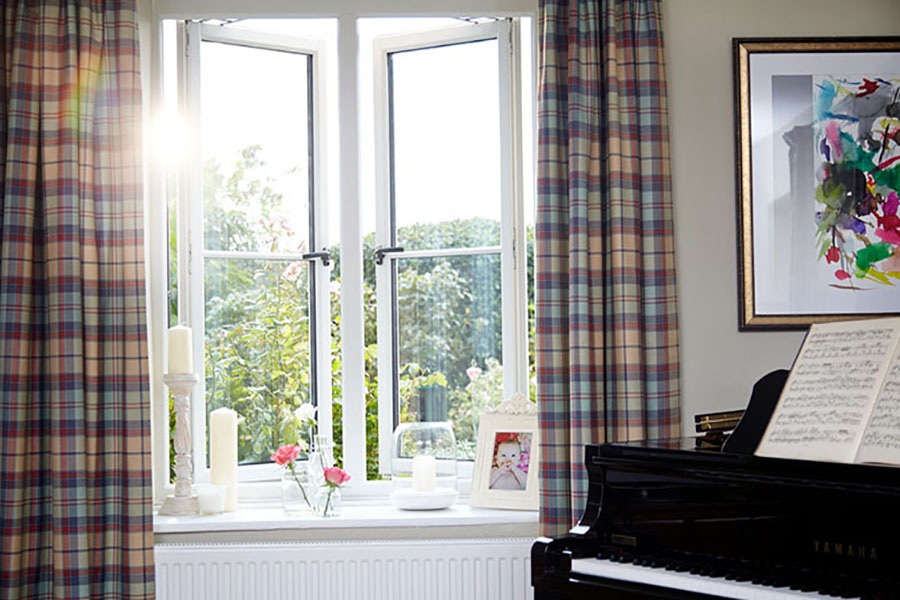Top tips for saving energy in your home
We might be well in the thick of summer now, but we’re already starting to consider how we can make our homes more energy efficient so that we’re good and ready once winter rolls around.
These days, there’s so much more that you can do to make your home energy efficient beyond switching off your lights and appliances when you head out for the day.
But where to start? We spoke with the team at Anglian Home Improvements to see what they consider to be top tips for saving energy in your home, from simple things like installing new windows, all the way to using long-lasting lightbulbs.
Install a smart meter
Fitting your home with appliances and home improvements designed to increase your home’s energy efficiency is all well and good, but doing so without actually monitoring the change in your energy usage makes little sense.
A smart meter will track how much gas and electricity you’re using so that you can measure the effects your improvements are making, as well as make any adjustments. Plus, your meter will send the data it records back to your gas and electricity provider so that you’re only charged for the energy you use. It’s a win-win.
Equip your home with energy-efficient windows
Your windows are great at letting things in – the sun, for example – but old and outdated windows can also be pretty good at letting things out, too. Like heat, for example.
Installing double- or triple-glazed windows can help trap heat in your home, and therefore keep it warmer come winter time. They’ll also help to reduce your home’s CO2 emissions. Plus, if you aren’t using as much heat to keep your home cosy in the winter, you’ll save on your energy bills as well.

Thermal house shots before and after energy-efficient windows
Use LED lightbulbs
According to the Energy Saving Trust, lighting accounts for 15% of a house’s energy usage. LED bulbs are an energy-efficient lighting choice all around – they use little energy and are long lasting when compared against your average bulb. They might be a little more expensive up front, but in the long run, they tend to outweigh the cost, as some can last upwards of 25-30 years.
Choose appliances with better energy ratings
Every appliance you purchase comes with an energy rating – they’re on that rainbow-coloured chart that gives the appliance in question a letter corresponding to its energy efficiency.
The ratings range from A (the highest) through to G (the lowest) and are broken into two categories, based on the appliance’s size. The chart is simple – the higher the energy rating, the better the appliance’s energy efficiency, so you’ll want to keep an eye out and make sure your appliance has the highest energy rating possible.
Fit your home with solar panels
Us Brits tend to write off solar panels as a wasted purchase due to our general lack of sunlight, but generating energy through them is more about daylight rather than sunshine.
Solar panels come in two varieties – photovoltaic solar panels, which can be used for lighting and household goods, and solar thermal panels, which are useful for heating up water. Both can be vital for slashing your energy bills, and helping your home run on renewable energy. Solar panels can come with a couple caveats in terms of whether or not your house qualifies, but they’re worth looking into.
Ready to make your home greener and cut your energy bills? Speak to Anglian today to see how they can help improve your home’s windows, doors and conservatories energy efficiency with new double- or tripled-glazed windows.





















